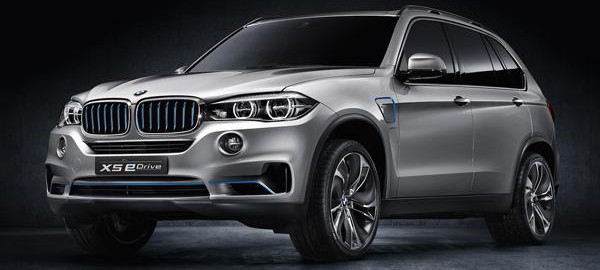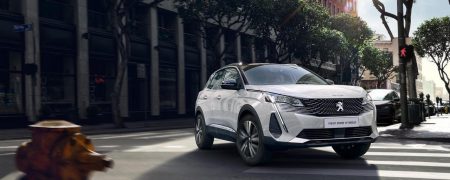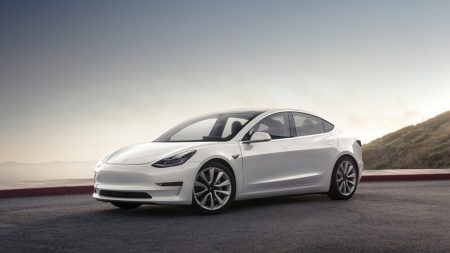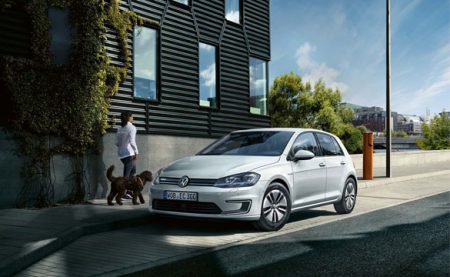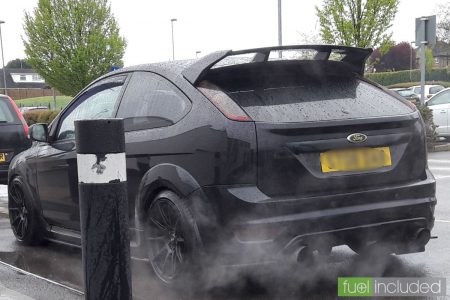With living costs on the rise, getting a good deal on your next car is more important than ever. That’s where our Used Car Awards come in. These are our favourite electric cars…
Credit where credit is due: Elon Musk has led Tesla to become one of today’s most popular car brands. He’s no stranger to controversy in other matters, but Tesla’s Model 3 has proved to be an electric vehicle (EV) milestone.
This executive car has sold immensely well since its launch, and it continues to do so today, meaning the used market is flooded with them. Examples start with the Standard Range Plus, which can be found for a very tempting £23,000.

While this entry-level model can’t come close to matching the Performance’s 0-60mph time of 3.3sec (in our hands), it’ll still manage the sprint in a hot-hatch-like 6.1sec. You won’t see such acceleration behind the wheel of a Kia e-Niro.
The range is impressive, too: the Standard Range Plus officially travels 254 miles on a single charge, or 267 miles if you go for a post-2020 example. If you need 300-plus miles of range (more than any Jaguar I-Pace can offer), you can pick up a Model 3 Long Range or Performance for a few thousand pounds more; these versions have larger batteries.
The Model 3 is more reliable than the I-Pace, too. In the latest What Car? Reliability Survey, the Model 3 ranked eighth out of 20 cars in the EV class, with an impressive 93.9% score.
Read more: WhatCar
It’s Time to Go Green!
If you would like to know more about Solar Panels and the PowerBanx range of home battery systems, and get a free instant quote, please complete our online form:




